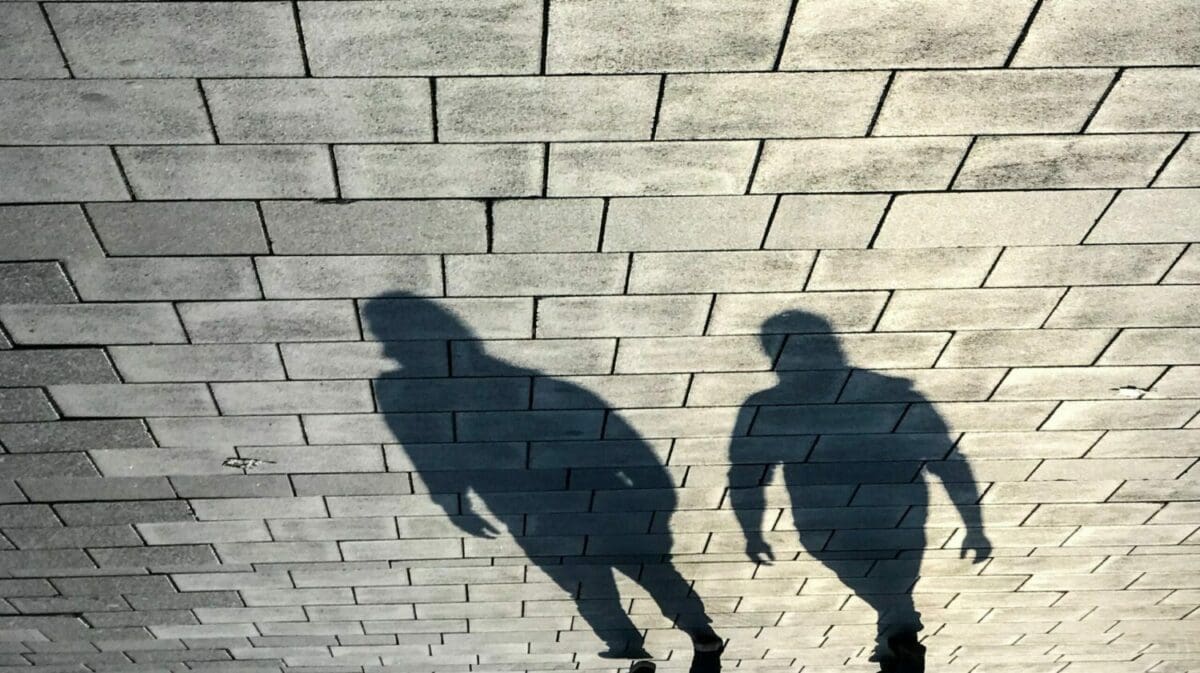
Walk-and-Talk Therapy
May 4, 2021 in Educate Yourself

Given the benefits of walking outside on mental health, it seems like the natural next step (no pun intended) to take the self-care practice to a more professional level. Walk-and-talk therapy has professionals literally take their sessions outside, where they have the same conversations with their patients as they would regularly, but with the added benefit of (ideally) fresh air, movement, and a more relaxed environment.

Walk-and-talk therapy is just that: walking and talking. After an initial consultation that’s done more traditionally indoors, walk-and-talk therapy sessions occur, of course, outside, going on trails, sidewalks, and are just like your regular walks you would have with your friends, but the conversations are focused on your well-being and mental health and completed with your therapist.
Those who incorporate walk-and-talk therapy into their work feel that it’s particularly useful for teenagers. Starting therapy in general can be a nerve-wracking, even awkward process, but it seems like these feelings are on another level for adolescents (think about teenagers’ thoughts on mental health and their fears associated with seeking help, for example). Walking around can lift some of that initial discomfort; teens specifically can have trouble keeping still when sitting down, and moving around by walking can help them process their feelings more clearly.

You may also feel like you have to have something to say during sessions, which can lead to an awkward silence as you collect your thoughts or even try to come up with something to talk about, but walking around removes that, because both you and your therapist are doing something else by walking and taking in what’s going on outside. Walking outside also includes visuals that can help inspire ideas for you to talk about.
There is still a while to go in terms of the legitimacy of walk-and-talk therapy. No one can specialize in walk-and-talk therapy and it’s more so a type of practice that’s included in at least traditional cognitive behavioral therapy. There is little to no formal research on the combination of talk therapy and nature’s effect on mental health either, but at the very least, professionals have noticed a difference with their patients, and there is an increased interest in researching it. At the very least however, going outside during therapy sessions is another way to include mindfulness during the sessions itself, and can be safe option if you prefer seeing your therapist in person.
If you want to see it in practice, check out an example here!
Do you attend therapy? What’s the environment like during your sessions, and how do you think it affects you? What do you think about walk-and-talk therapy?

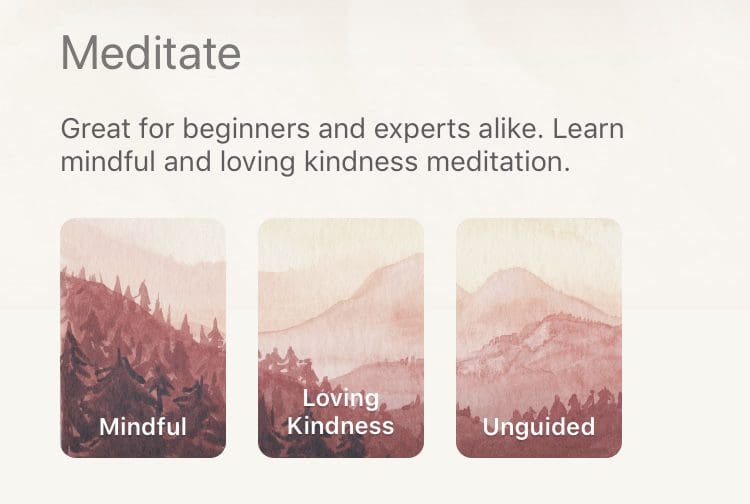
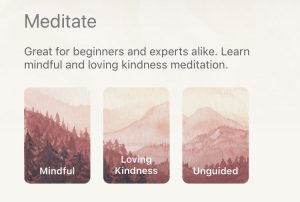
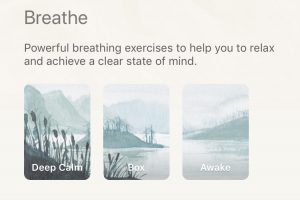
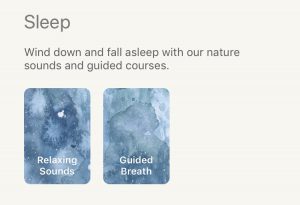
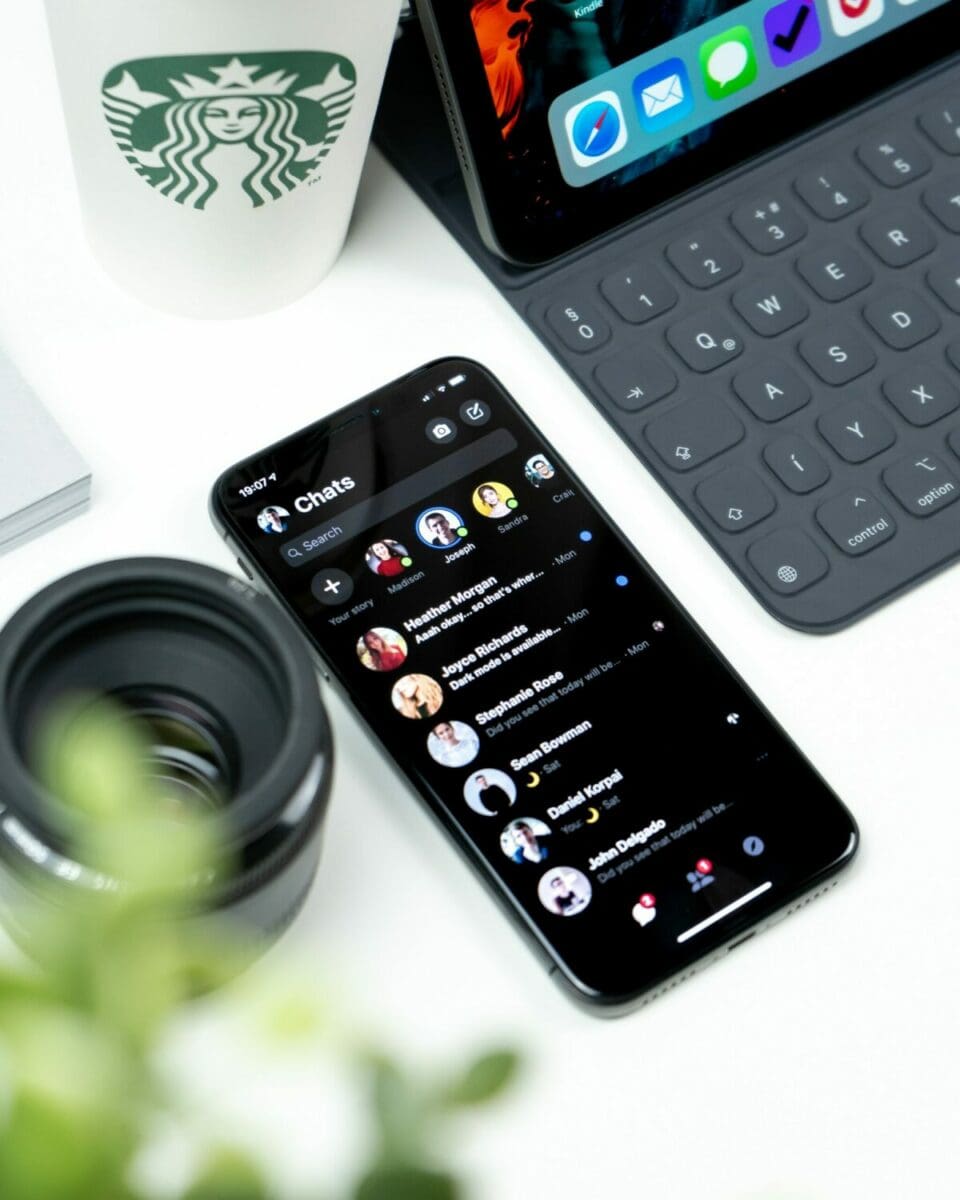



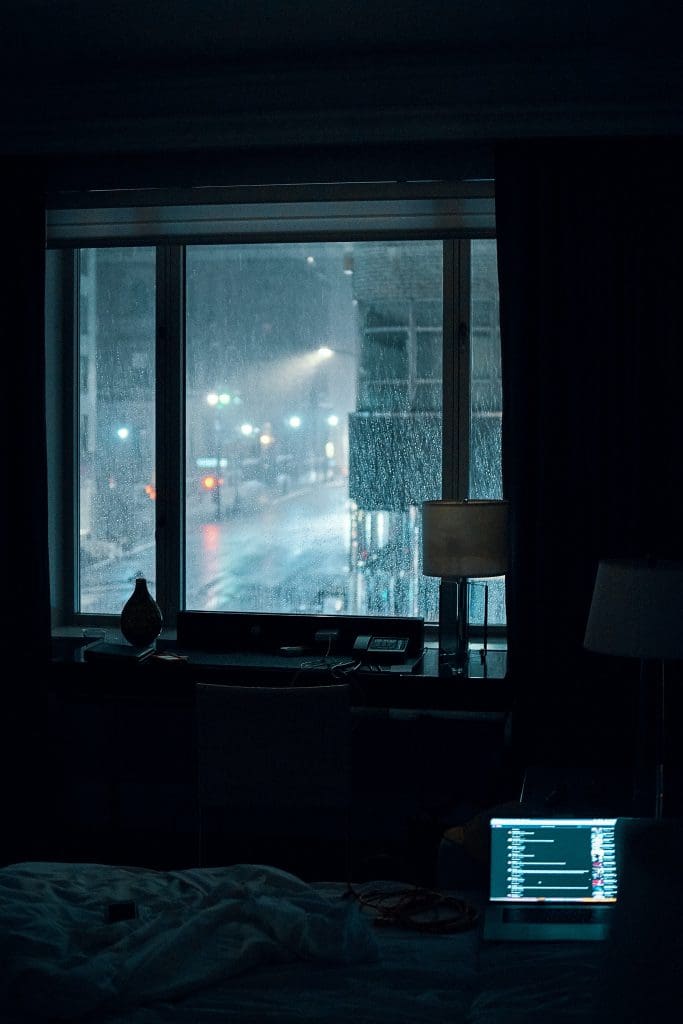
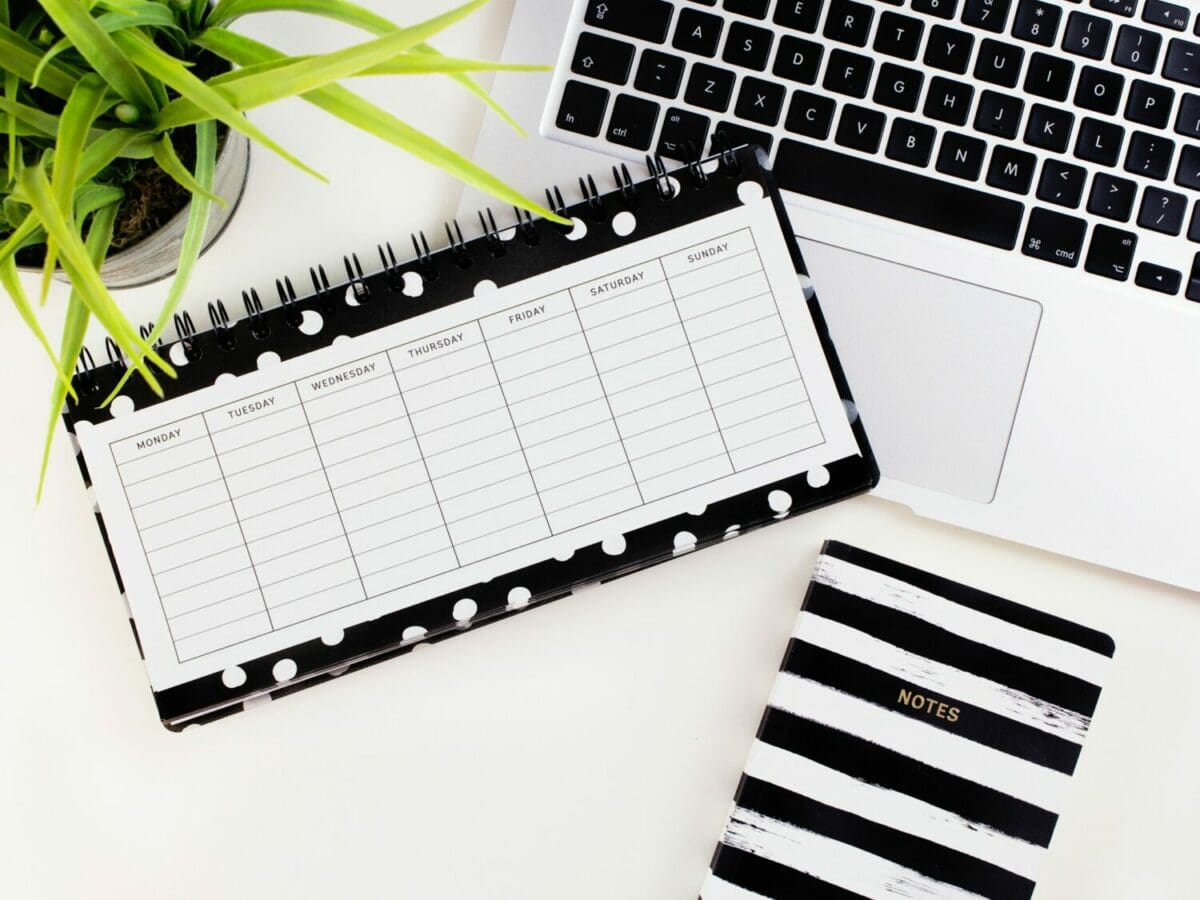



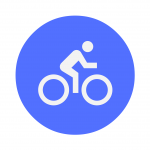

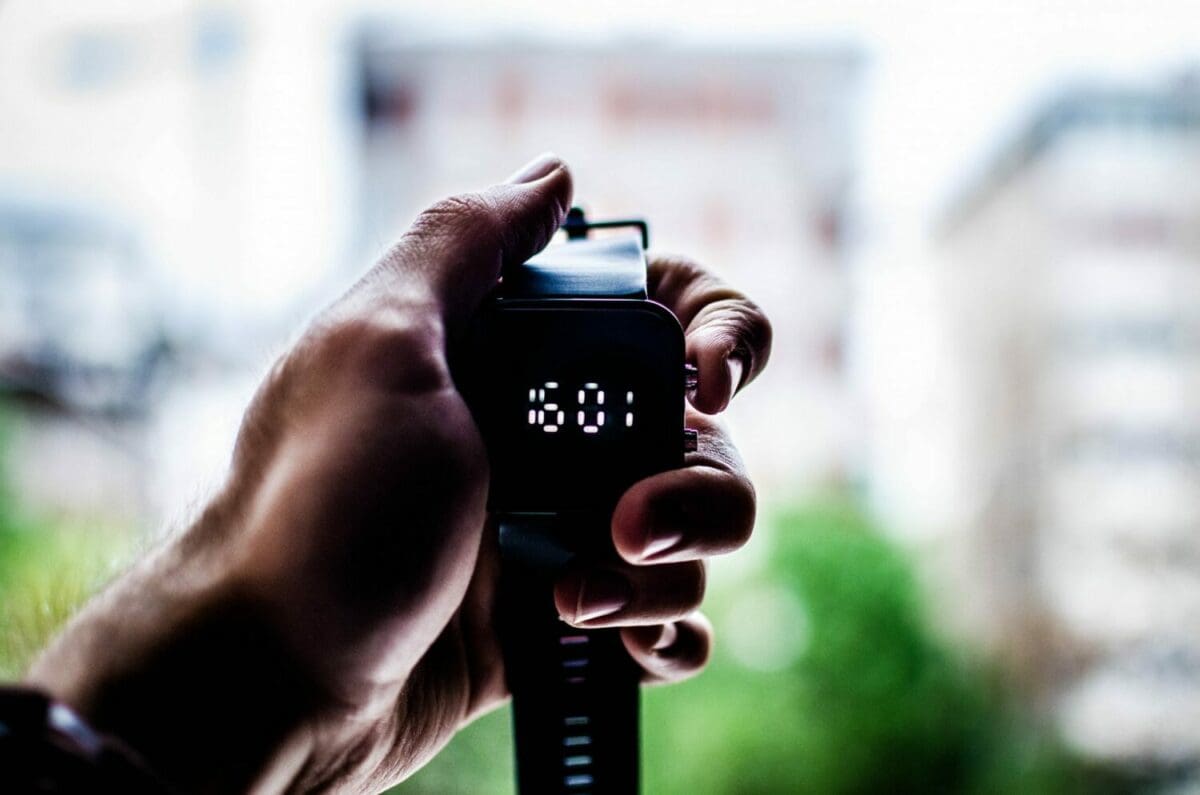
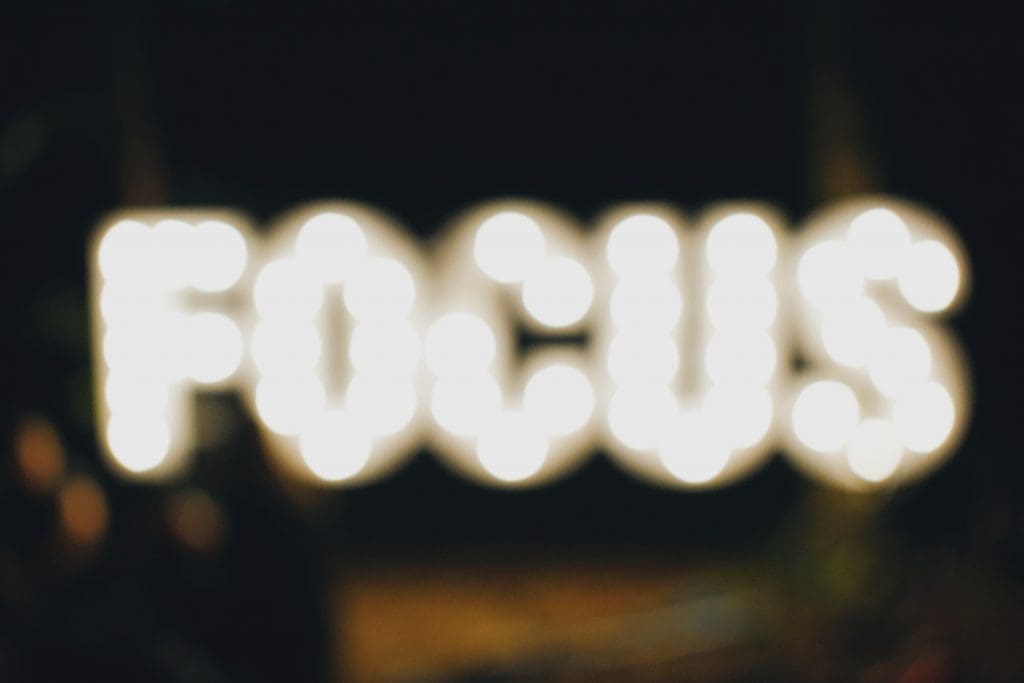
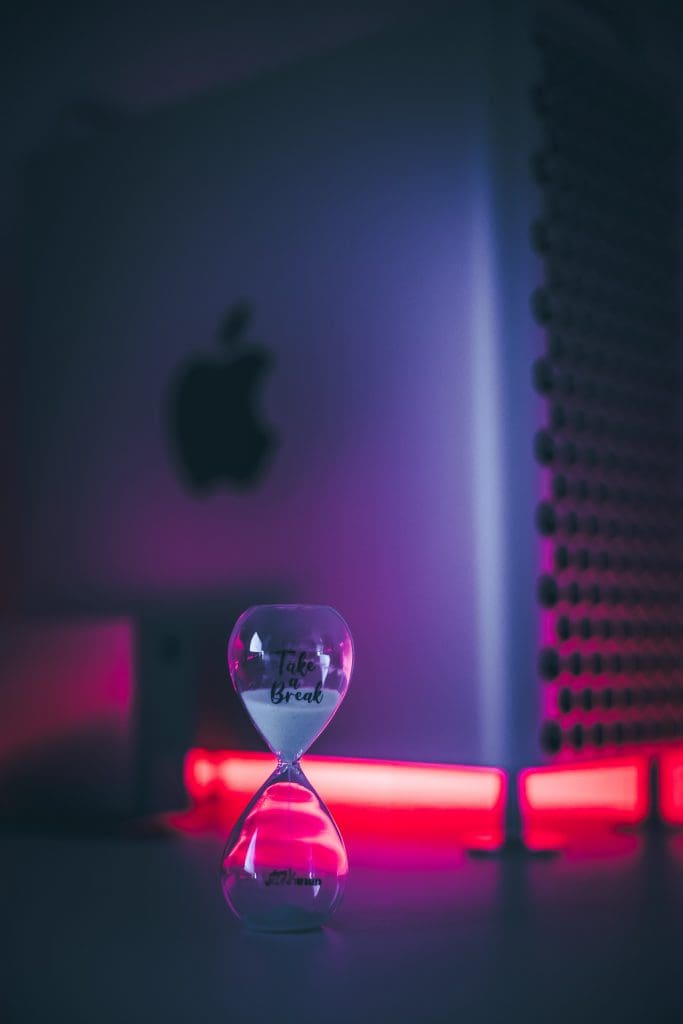

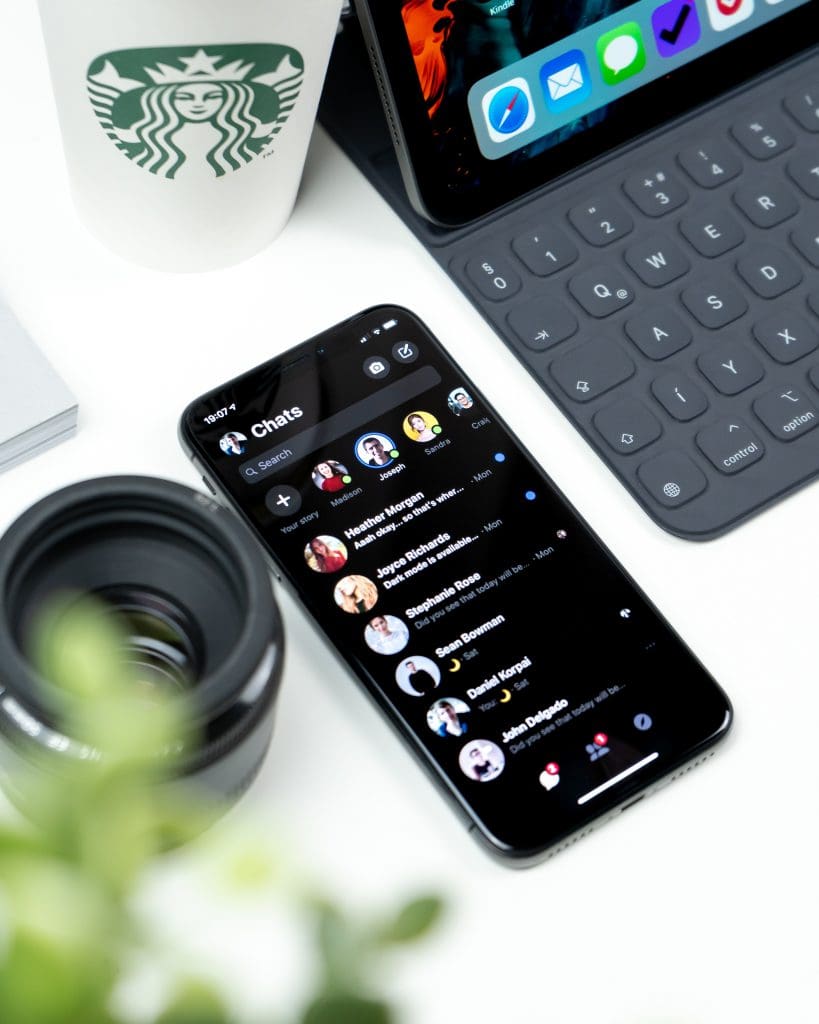
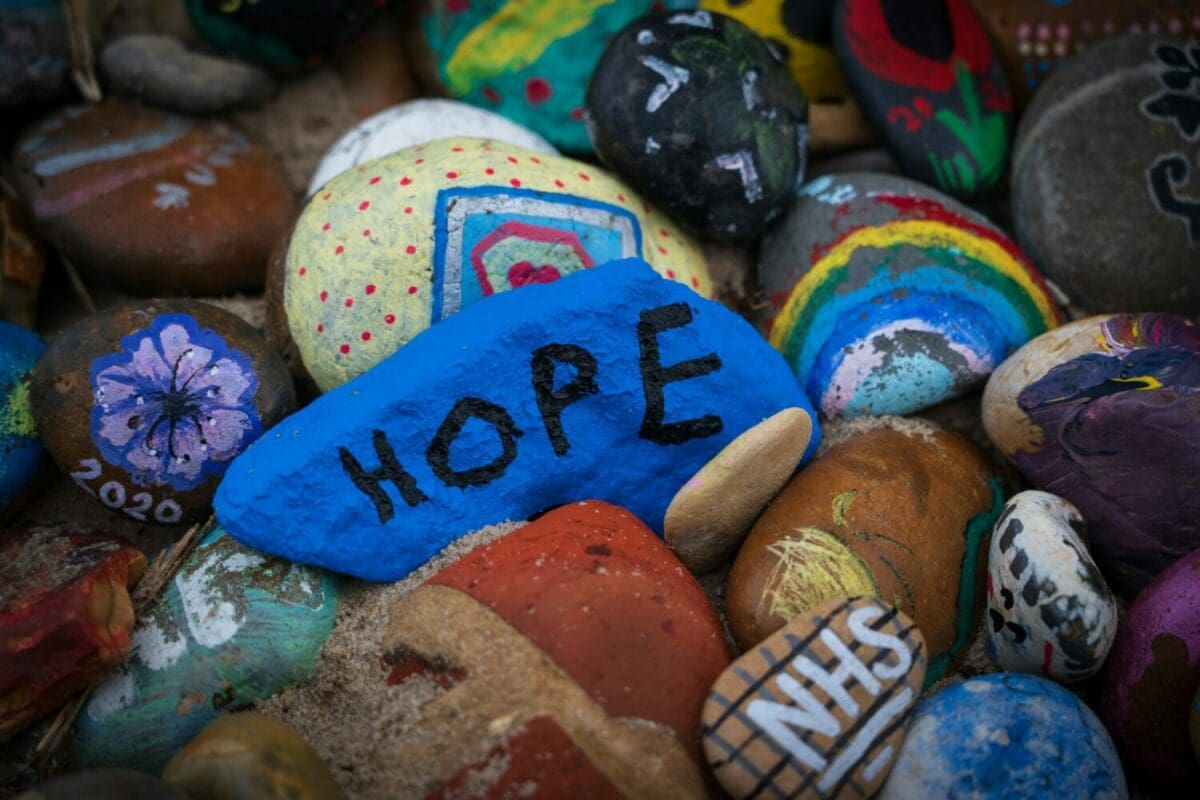

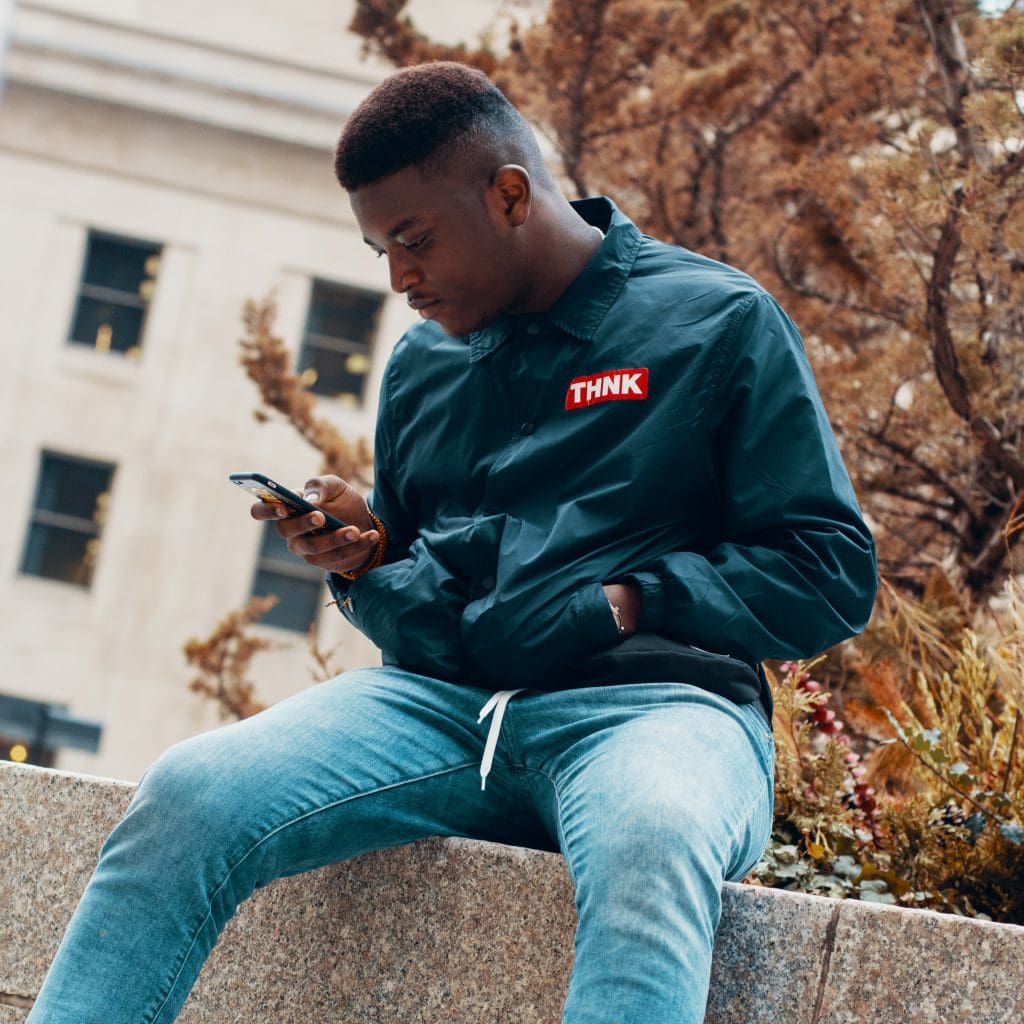
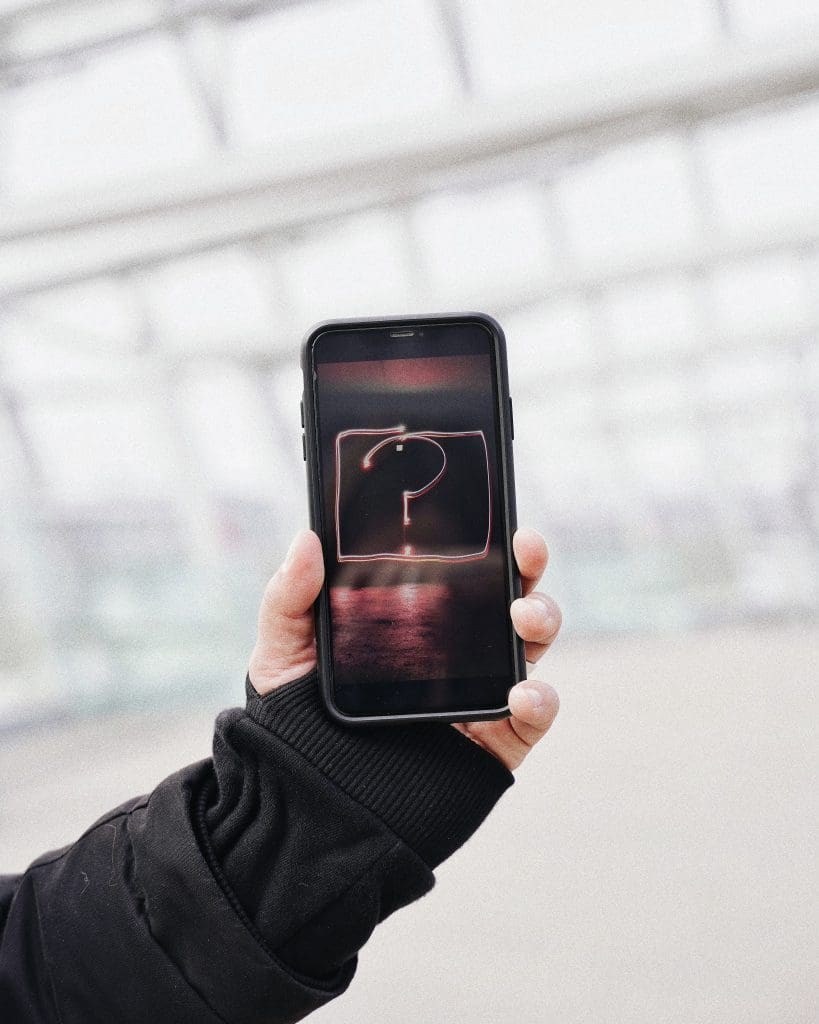


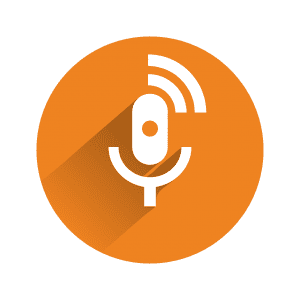
Recent Comments